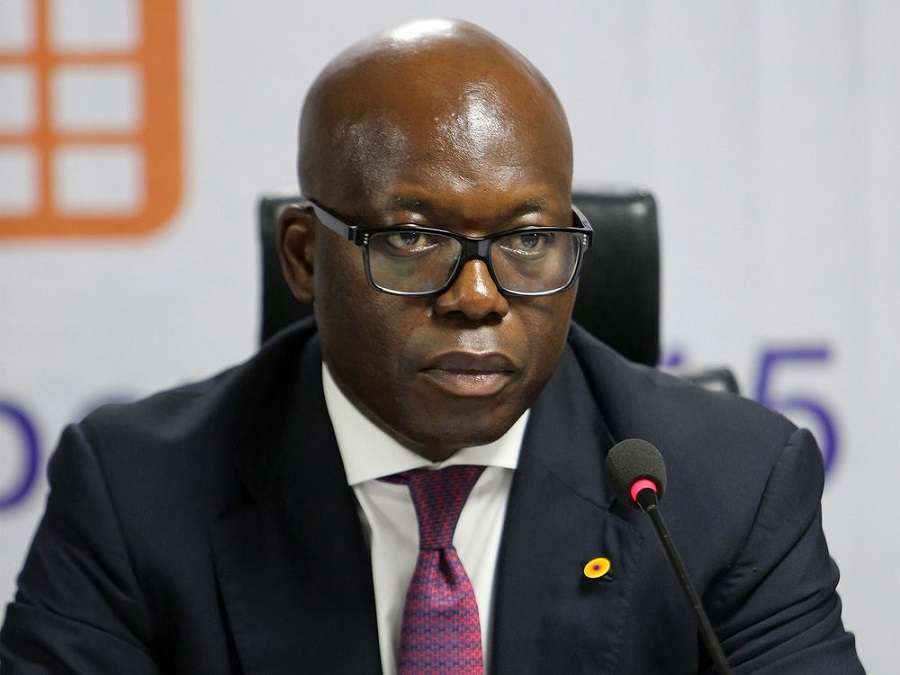In a significant move to enhance the health sector in Nigeria, the World Bank has approved three new financing packages totaling $1.57 billion. This initiative, announced by the bank’s Country Office in Abuja, aims to bolster human capital development by improving health services for women, children, and adolescents. The funding will also address the increasing challenges posed by climate change, particularly in relation to floods and droughts.
Breakdown of the Financing
The approved financing is allocated across three key projects:
HOPE-GOV Program: This initiative will receive $500 million to tackle governance issues that hinder effective service delivery in both education and healthcare. By addressing systemic weaknesses, this program aims to enhance the management and transparency of financial resources allocated to these critical sectors.
Primary Healthcare Provision Strengthening Program (HOPE-PHC): With a budget of $570 million, this project focuses on improving reproductive, maternal, newborn, child, and adolescent health services. It seeks to enhance the quality and utilization of healthcare services, significantly reducing maternal and under-five mortality rates in Nigeria.
Sustainable Power and Irrigation for Nigeria Project (SPIN): Allocated $500 million, this project is designed to improve the safety and management of dams and enhance irrigation systems. By addressing water resource management, the SPIN initiative aims to support agricultural productivity and resilience against climate-related challenges.
Objectives and Impact
The HOPE-GOV program is particularly critical as it seeks to address the underlying governance weaknesses in Nigeria’s educational and healthcare systems. The initiative will focus on key cross-cutting challenges related to financial and human resource management. It aims to increase the availability and effectiveness of financing for basic education and primary healthcare service delivery, enhance transparency and accountability, and improve the recruitment and performance management of teachers and healthcare workers at all government levels.
In parallel, the HOPE-PHC project aligns with the Nigerian government’s newly launched Health Sector Renewal Investment Initiative. This project will focus on delivering quality healthcare services, with a goal of benefiting approximately 40 million people, especially those in vulnerable populations. By improving maternal and child health services, the program aims to foster healthier communities and better overall health outcomes.
The SPIN project will play a vital role in protecting citizens from the adverse effects of climate change, specifically floods and droughts. This initiative will enhance dam safety and management and improve irrigation and drainage services over an area of 40,000 hectares. The project is expected to directly benefit around 950,000 individuals, including households, farmers, and livestock breeders, by providing more reliable, climate-resilient irrigation and increasing agricultural productivity through improved water management practices.
Statements from the World Bank
Ndiamé Diop, World Bank Country Director for Nigeria, highlighted the importance of these new financing packages in addressing the complex challenges faced by Nigerians, particularly women and girls, regarding access to quality health services. He stated, “Effective investment in the health and education of Nigerians today is central to increasing their future employment opportunities, productivity, and earnings, while reducing poverty among the most vulnerable.”
Diop further emphasized the timely nature of the SPIN program, noting its potential to safeguard Nigerians against floods and droughts while also facilitating increased hydropower generation. This aspect of the program will not only enhance water resource management but also support the Nigerian government’s broader goals of sustainable development and economic growth.
Commitment to Collaboration
The World Bank has expressed its readiness to work closely with the federal government and other stakeholders to ensure the successful implementation of these critical programs. By investing in Nigeria’s health and education sectors, the World Bank aims to create a foundation for a healthier, more productive population that can contribute to the country’s socio-economic development.
As Nigeria grapples with ongoing challenges in healthcare delivery and the impacts of climate change, the approval of this significant financing package represents a hopeful step towards building a more resilient and prosperous future for its citizens. The collaboration between the World Bank and Nigeria underscores a shared commitment to enhancing human capital and fostering sustainable development in the region.




